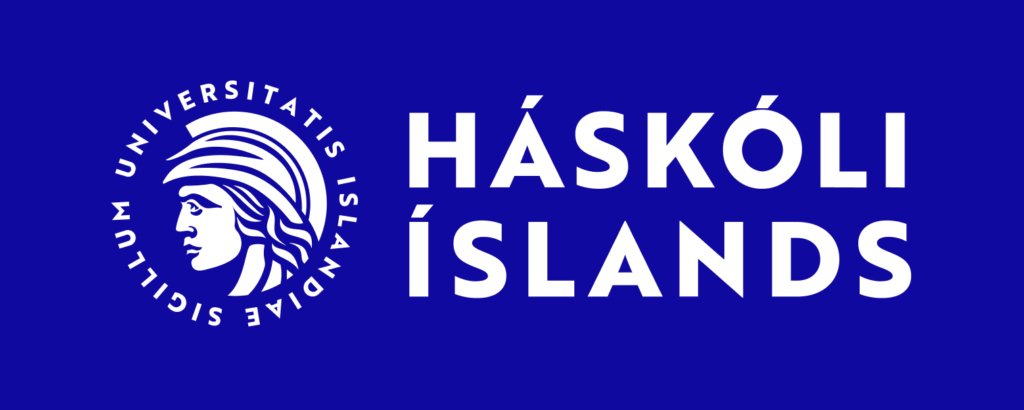Höfundur: Friederike Börner
Leiðbeinandi: Brynja E. Halldórsdóttir
Sérfræðingur: Ólafur Páll Jónsson
Ágrip/Efni: This study delves into the experiences of migrant parents residing in Iceland and their perceptions of their children’s language learning journey in Icelandic preschools. With multilingualism playing a crucial role in today’s diverse Icelandic society, understanding the perspectives of migrant parents is essential for fostering inclusive educational environments in preschools. By taking a critical approach my primary focus will be on identifying and analyzing the shortcomings within the educational institutions of Reykjavik City and their impact on migrant parents and their children’s language development.
Through qualitative interviews with six migrant parents in Iceland and through narrative analysis, this research aims at shedding light on the experiences and challenges of migrant parents as their children navigate language acquisition in Icelandic preschool settings while learning their heritage language at home. I will also ask the question of how much of the policies of the National Curriculum have been carried out in different educational facilities inside Reykjavik. Consequently I want to discuss if preschools in Reykjavik stick to a multilingual policy or if they try to maintain a monolingual discourse for young children.
The parents I interviewed for this paper expressed concerns about communication issues with their children’s preschools in Iceland. Additionally, they highlighted a perceived lack of staff in Icelandic preschools leading to the perceived lack of communication. The parents also felt that there was an overemphasis on the Icelandic language. This, in turn, made it difficult and frustrating for the children to communicate in their home or heritage languages.
The findings aim to contribute to a deeper understanding of multilingualism in educational contexts in Reykjavik and aim at providing valuable insights for educators and policymakers to support language development and integration for migrant children. There has been a long-standing interest in multilingualism in Icelandic preschools and the impact of the linguistically diverse upbringing of children in this country. With my research I try to contribute to the ongoing discourse on multilingual education in preschools.

